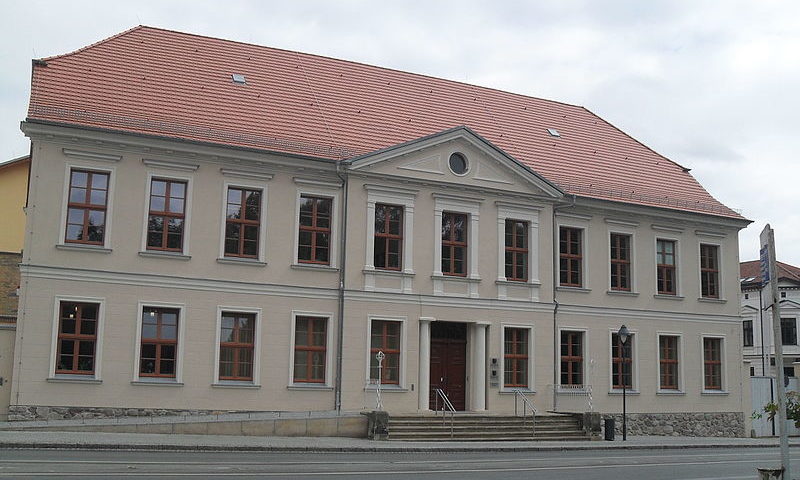The State Social Court MV ruled on May 11 that the reductions in social benefits within the tightening of laws last summer are illegal. It is not concerning all reductions in benefits from the tightening of the law, but only against the reduction due to the reassignment to Bedarfsstufe 2 of single people living in collective accommodation.
Single asylum seekers in collective accommodation must therefore receive € 351 instead of € 316 from the social welfare office. If you don't get that amount in July, you should file an objection.
Here you will find the judgement.
File an objection
If you only get € 316 yourself in July or you know people who do, do the following:
- Make an objection to the social welfare office. It's pretty easy. Something like this: "Ich widerspreche dem Leistungsbescheid vom X.X.2020. In der Begründung berufe ich mich auf die Ausführungen des Landessozialgericht Mecklenburg-Vorpommern vom 11.5.2020 (L 9 AY 22119 B ER)." (Translation: "I contradict your decision from X.X.2020. In the reasoning, I refer to the statements of the State Social Court of Mecklenburg-Western Pomerania from May 11, 2020 (File number: L 9 AY 22119 B ER).")
- Go to the nearest district court and ask for a "Beratungsschein" (consultation certificate). There you fill out an application proving that you only get € 316 from the social welfare office and do not work. You can also download the application here and bring it to the district court. Then you will receive a "Beratungsschein".
- With the Beratungsschein you can seek advice from a lawyer who specializes in social law. This consultation only costs € 15. The lawyer can help you with the contradiction and everything else. Show the lawyer the judgement of the state social court.
If you don't know where the district court is and which lawyers specialize in social law, ask the migration advice (Migrationsberatung) or the youth migration service (Jugendmigrationsdienst).
Get what you are entitled to! Do not accept unjust decisions by social services!
General Information about social benefits for Refugees
The foloowing links are only available in German.
Political background of the benefit reduction
Last summer the german government came up with the following: "Deportations are expensive. Let us make life in and after the asylum procedure SO UNPLEASANT that the Refugees leave voluntarily!" So they have decided to treat single asylum seekers in collectice accomodation into Bedarfsstufe 2 and receive € 316 instead of € 351. In this way the benefit rates for people in and after the asylum procedure were generally reduced.
"Bedarfsstufe" is the name for the categories for social benefits. Singles get amount X. Couples get amount Y, which is lower for both because they supposedly automatically share certain expenses in a relationship.
Asylum seekers in community accommodations were declared "couples" last summer. That had the strange name "community of fate" instead of "community of needs" in the Jobcenter-regulation.
Asylum seekers do not live together voluntarily in refugee accommodation, but in forced communities. You cannot choose who you share a bathroom, fridge, and room with.
This regulation is illegal, even unconstitutional. For months now, social courts and state social courts in various federal states have decided in this direction.
This is because the Constitution of Germany stipulates that the state must offer everyone "decent livelihood" (Articles 1 and 20 of the Basic Law).
Hartz 4 (money from Jobcenter) is € 432 per month. Asylum seekers only get about 80% of it. Not fair either.
The Federal Constitutional Court already specified in 2012 that this principle must not be attacked in the Asylum Seekers Benefits Act.
A note on the side
New laws from the federal government apply for the whole country. If NGOs or those affected want to attack them, they have to take long and cumbersome lawsuits. First in front of the social court, then the state social court, the federal social court, the federal constitutional court. Most of the time, authorities stick to the judgments of the regional courts, so it makes sense to demand the implementation of the new judgment in Mecklenburg-Vorpommern.
In asylum and migration policy, these long routes through the court system are used politically: Many of those affected by the Asylum Seekers Benefits Act are not in Germany long enough to be able to enforce their rights due to deportations. Others are too intimidated by the existential dependency on the BAMF to sue the federal government.
This calculation by right-wing politicians from the CDU / CSU with which they legally enforce their ideology, is shabby.

